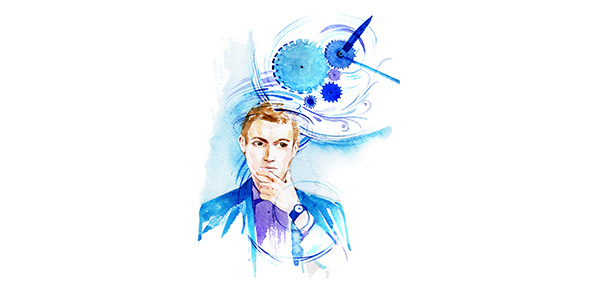Related Flashcards
Related Topics
Cards In This Set
| Front | Back |
|
Psychotherapy
|
A psychological intervention designed to help people resolve emotional, behavioral, and interpersonal problems and improve the quality of their lives
|
|
Paraproffessional
|
Person with no professional training who provides mental health services
|
|
Insight therapies
|
Psychotherapies, including psychodynamic and humanistic-existential approaches, with the goal of expanding awareness or insight
|
|
Free association
|
Technique in which patients express themselves without censorship of any sort
|
|
Resistance
|
Attempts to avoid confrontation and anxiety associated with uncovering previously repressed thoughts, emotions, and impulses
|
|
Transference
|
Projecting intense, unrealistic feelings and expectations from the past onto the therapist
|
|
Work through
|
To confront and resolve problems, conflicts, and ineffective coping responses in everyday life
|
|
Interpersonal therapy
|
Treatment that strengthens social skills and targets interpersonal problems, conflicts, and life transitions
|
|
Humanistic-existential psychotherapy
|
Therapies that share an emphasis on the development of human potential and the belief that human nature is basically positive
|
|
Phenomenological approach
|
Perspective in which therapists encounter patients in terms of subjective phenomena (thoughts, feelings) in the present moment
|
|
Person-centered therapy
|
Therapy centering on the patient's goals and ways of solving problems
|
|
Gestalt therapy
|
Therapy that aims to integrate different and sometimes opposing aspects of personality into a unified sense of self
|
|
Experiential therapies
|
Interventions that recognize the importance of awareness, acceptance, and expression of feelings
|
|
Logotherapy (existentialism)
|
Therapeutic approach that helps people find meaning in their lives
|
|
Behavior therapists
|
Therapist who focuses on specific problem behaviors, and current variables that maintain problematic thoughts, feelings, and behaviors
|






